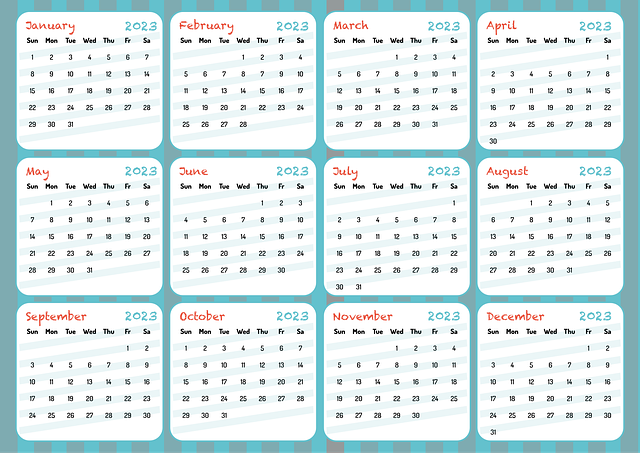Trade shows and expos are strategic event planning opportunities for local businesses, fostering connection, growth, and industry insights through face-to-face interactions. Key benefits include enhanced branding, targeted marketing, and exposure to new markets. Successful planning requires defining clear objectives, identifying target audiences, securing venues, creating captivating booth designs, collaborating with vendors, and strategically timing setup. Maximizing ROI involves thorough market research, aligning booth design with industry trends, offering compelling content or demonstrations, facilitating personal interactions, and promptly following up with leads post-event. Event Planning for Local Businesses is crucial to achieving these strategic objectives.
Trade shows and expos offer local businesses unique opportunities to connect, showcase products, and expand their networks. This article guides event planning professionals and aspiring business owners through understanding the purpose and benefits of trade shows, executing successful events with strategic planning, and maximizing return on investment (ROI) while building vital business relationships. Get actionable insights into event planning for local businesses to elevate their presence at these dynamic gatherings.
- Understanding the Purpose and Benefits of Trade Shows for Local Businesses
- Key Steps in Event Planning for Successful Trade Show Execution
- Strategies to Maximize ROI and Build Business Relationships at Local Expos
Understanding the Purpose and Benefits of Trade Shows for Local Businesses

Trade shows and expos serve as powerful platforms tailored specifically to local businesses, offering a unique opportunity to connect with their target audience in a physical space. For event planning professionals assisting these enterprises, understanding the purpose behind these gatherings is paramount. The primary goal is to foster face-to-face interactions between businesses and potential customers, partners, or investors. By participating, local entities can showcase their products, services, and expertise on a larger stage.
The benefits are multifaceted. These events facilitate networking, allowing business owners and decision-makers to build valuable relationships and gain insights from industry peers. They provide an excellent avenue for branding and marketing, as interactive displays and presentations capture attention and leave a lasting impression. Moreover, trade shows often attract a diverse audience, offering local businesses exposure to new markets and potential clients they might not reach through conventional marketing channels, thus enhancing their overall event planning strategy in the context of local business growth.
Key Steps in Event Planning for Successful Trade Show Execution

Planning a trade show or expo is an intricate process that demands meticulous attention to detail. For local businesses looking to make a significant impact, effective event planning is paramount. The journey begins with defining clear objectives, aligning them with your brand’s goals, and identifying the target audience. This foundational step ensures every subsequent decision is strategic and results-driven.
Next, secure an ideal venue that accommodates your expected attendee count and showcases your products or services effectively. A well-chosen location can significantly enhance engagement. Subsequently, create a captivating booth design that stands out while adhering to brand guidelines. Collaborate with vendors and partners to source interactive displays, promotional materials, and tech solutions for an immersive experience. Timing is crucial; carefully plan arrival and setup to maximize foot traffic during peak event hours.
Strategies to Maximize ROI and Build Business Relationships at Local Expos

To maximize return on investment (ROI) and build business relationships at local expos, event planning for local businesses should focus on strategic preparation and engagement. Pre-event, thorough market research and identifying your target audience are crucial. Align your booth design and promotional materials with industry trends to attract relevant visitors. Offer compelling content or demonstrations that educate attendees about your products or services, fostering meaningful connections.
During the event, ensure a dedicated team represents your brand, as personal interactions build stronger relationships. Encourage staff to engage in conversations, gather contact information, and offer valuable insights or samples. Post-event, follow up with leads promptly through personalized emails or phone calls. This continuity maintains momentum and can turn initial connections into long-term partnerships.
Trade shows and expos are powerful tools for local businesses to connect, network, and grow. By understanding the purpose and benefits, planning effectively, and employing strategies to maximize ROI, event organizers can create meaningful experiences that foster business relationships and drive success. Incorporating these practices into your event planning for local businesses will ensure a productive and memorable turnout at future trade shows and expos.
